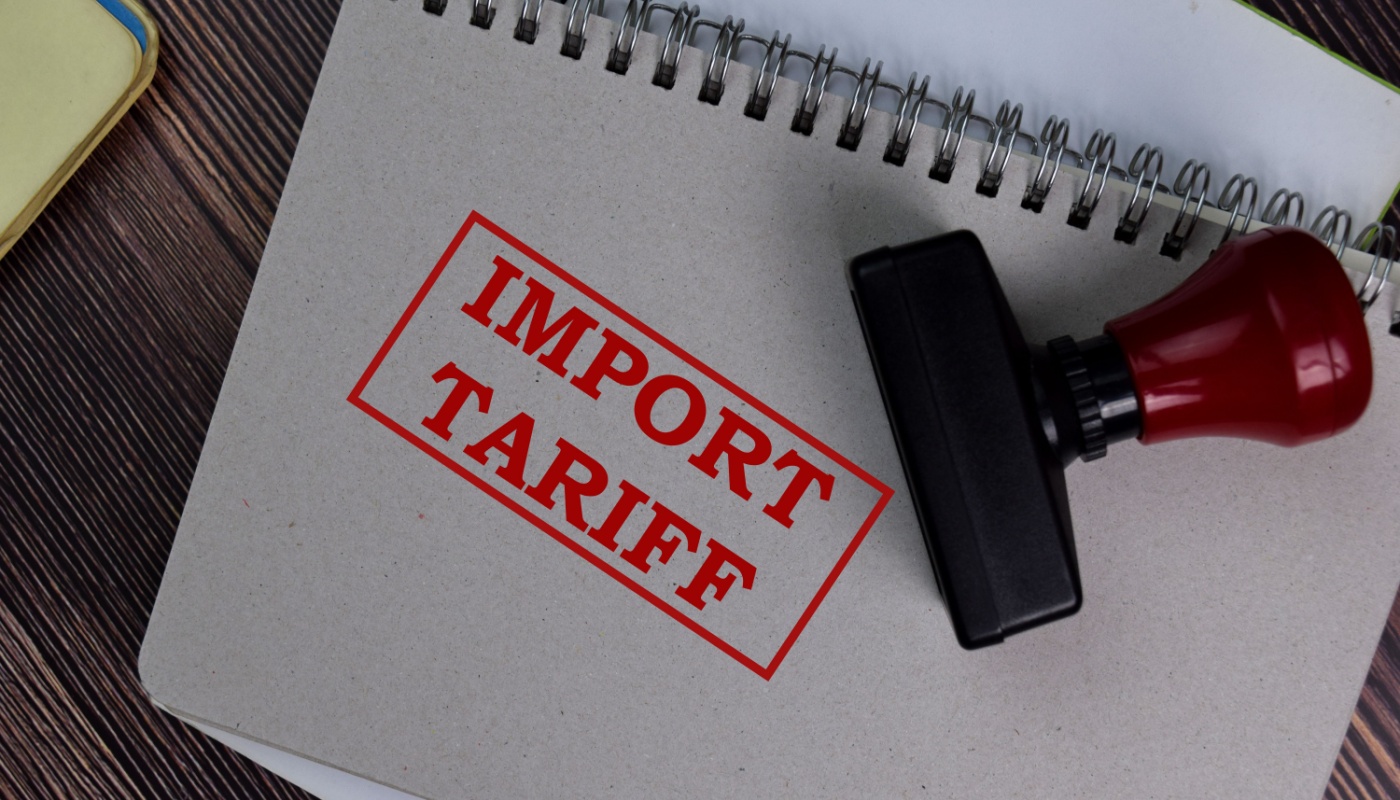
Tariff 101: The What, How, and the Potential Impact of Tariffs on Wabash County, IN
December 20, 2024
Tariffs are often discussed in the context of global trade wars and national economies, but their widespread use has the potential to impact local communities. Understanding tariffs, how they work, and their local effects is vital for business owners, consumers, and community leaders to help provide for the potential repercussions if implemented by the incoming administration.
What Are Tariffs and Who Pays for Them?
At their core, tariffs are taxes imposed on imported goods, paid by the importing businesses to their home government, like the United States. While tariffs can serve as a tool to protect domestic industries or counter unfair trade practices, the costs of tariffs, commonly treated by many businesses as extra taxes, typically move down the supply chain, impacting consumers, businesses, and, in some cases, entire industries. Economists agree that higher prices pass most of the cost of tariffs to consumers.
In 2018, tariffs made on imports on aluminum and steel raised the cost of production for manufacturers, reducing employment in those industries, raising prices for consumers, and hurting exports. For example, foreign steel became more expensive for U.S. automakers and many had to pay more for raw materials if they cannot find a domestic supplier to suit their needs. Those increased business costs often resulted in higher vehicle prices for consumers and reduced profit margins. In agriculture-heavy regions like Wabash County, the impact is just as direct but often more personal.
Tariffs and Agriculture: The Ripple Effect on Wabash County
Agriculture is a primary driver of Wabash County's economy. Many farmers may rely on exporting crops like soybeans, corn, and wheat. Tariffs on these products or retaliatory tariffs from trading partners such as China, Mexico, or Canada can significantly affect local farmers.
Imagine this scenario: a key export market for soybeans, such as China, imposes retaliatory tariffs on U.S. agricultural goods in response to new tariffs. The cost of exporting soybeans rises, reducing demand from international buyers. As demand falls, so do prices, potentially cutting into farmers' incomes.
But that is only the beginning. With the implementation of tariffs, the policy's effects would also be felt by local industry support businesses that supply farmers, such as equipment dealers, seed suppliers, and repair shops. Due to a decrease in farmer income, these businesses may experience reduced sales, further straining these support industries. The effects extend to consumers who see increased food prices due to tariffs on imported agricultural equipment or fertilizers.
How Tariffs Can Reshape Local Economies
While tariffs are intended to bolster domestic industries by encouraging consumers to buy locally produced goods, they can also introduce economic challenges. For example:
- Rising Costs for Small Businesses: Businesses that rely on imported goods, materials, or equipment face higher costs, which they often pass on to consumers or absorb by cutting expenses, potentially leading to job losses.
- Retaliation in Sensitive Sectors: Agriculture is frequently targeted in retaliatory trade measures. In response to U.S. tariffs, countries may impose tariffs on American agricultural exports, impacting agriculture communities that depend on these markets.
- Supply Chain Disruptions: Increased costs for imported goods can ripple through supply chains. For example, a rise in the cost of agricultural machinery could force farmers to delay equipment upgrades, reducing efficiency and future income.
Educating and Adapting to Tariff Challenges
Understanding the role tariffs play is the first step in mitigating their effects. For Wabash County's business leaders, farmers, and consumers, staying informed and advocating for balanced trade policies can help minimize disruptions. Programs that support local businesses encourage diversification in export markets, and provide resources for adapting to economic shifts can strengthen the community's resilience.
Ultimately, while tariffs are a complex and often controversial tool of economic policy, their impacts are clear. By exploring these challenges and potential solutions, Wabash County can prepare for the potential economic headwinds that may follow if tariff implementation moves forward and continue to thrive as a vital agricultural region.
Grow Wabash County is Here to Help
Grow Wabash County is the county’s comprehensive economic development and Chamber of Commerce organization, serving as a one-stop-shop for business development. With a focus on business development, entrepreneurship, livability, workforce development, and investor services, Grow Wabash County partners with local municipalities and regional assets to create vibrant, sustainable growth for businesses and communities alike.
Contact us at (260) 563-5258 or email us today to learn how we can help you grow your business and strengthen the local workforce!

